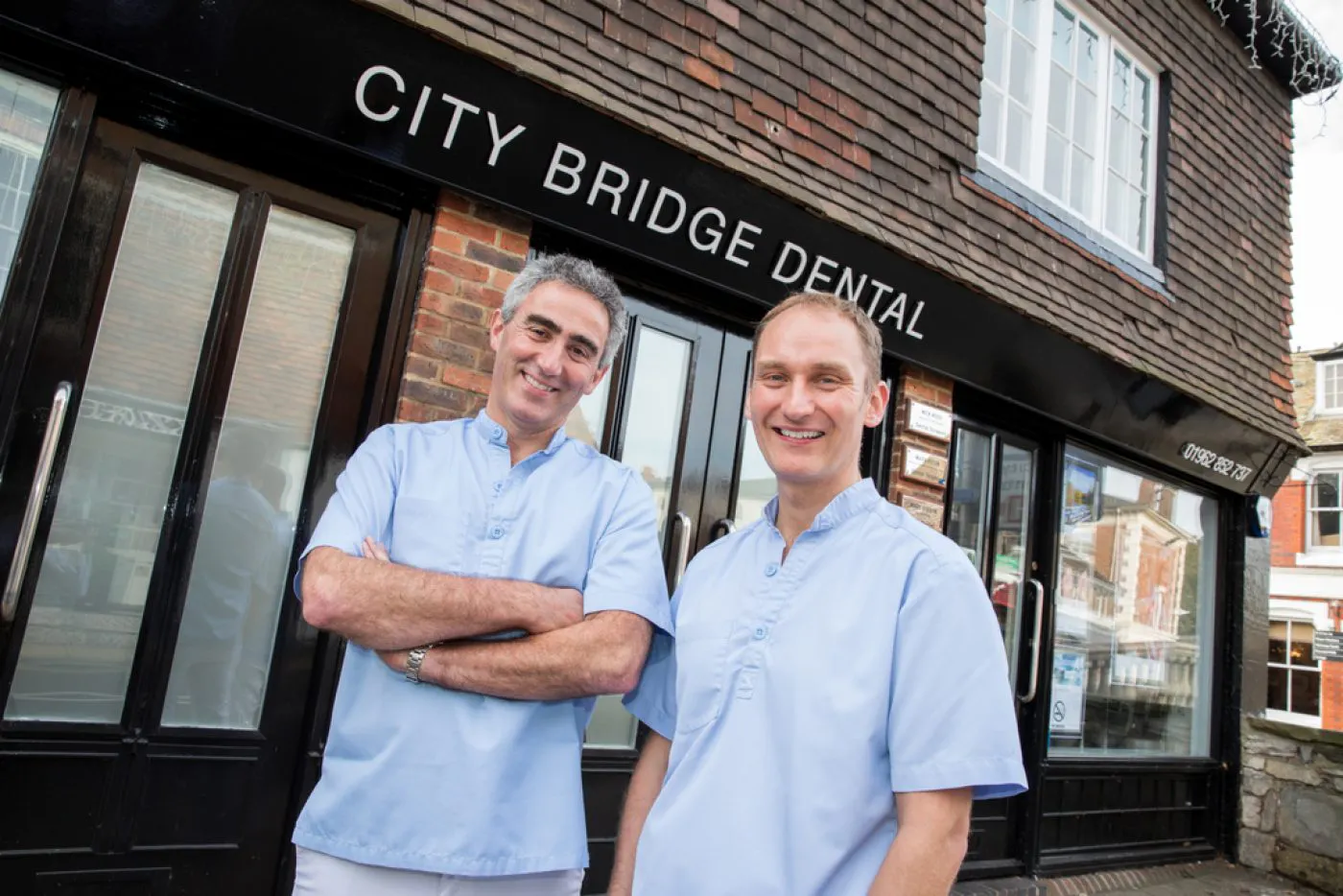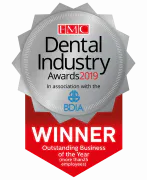Ready to speak to one of the team?
If you want to find out more, please get in touch.
In this section:
By City Bridge Dental & Implant Clinic
For many of us, flossing is a standard part of our daily teeth cleaning routine, and most dentists recommend it. However, recently a few newspaper headlines have rather muddied the waters, with headlines like “Flossing teeth does little good.”
The debate was kicked off by the US government dropping its recommendation that people floss regularly. The claim was that interdental brushing was more effective in preventing plaque and gum disease.
In response, the British Society of Periodontology said: ‘Evidence supports the use of small interdental brushes for cleaning between the teeth where there is space to do so, in preference to flossing… Floss is not a waste of time – it is a viable alternative to interdental brushing where appropriate.
Our Lead Dentist, Mark Aston, has his own thoughts on this confusing state of affairs and what this means for our oral healthcare routines. This is his advice.
When it comes to taking care of our teeth, there is no single approach that fits everyone.
Here at City Bridge Dental, we offer tailored advice to every individual depending on a number of factors, including:
We often advise patients adopt more than one technique, usually a combination of flossing and interdental brushing, for different areas of the mouth. We also take into account the presence of dental bridges and dental implants, which require specialist techniques to clean thoroughly.
If there are spaces between teeth or loss of gum attachment from periodontal (gum) disease, we normally prescribe interdental brushes (TePe), which are small brushes that can clean between teeth. Patients are often provided with an interdental brush card, which outlines the brush sizes to be used for specific areas of the mouth. Additionally, if you have dental bridges or implants, we often recommend specialist tools, such as the extra thick Oral B superfloss.
In general, if patients have good oral hygiene with no gum inflammation, no modification of oral hygiene measures are required. But if you are concerned, I recommend visiting your dentist to get advice on the best cleaning techniques for you.
Regardless of whether you use interdental brushes or floss, it is still important to brush with fluoride toothpaste for approximately 2 minutes twice a day.’
If you’re concerned about your oral health or your cleaning routine, why not book an appointment with one of our award-nominated hygienists, Julie Peterson or Sarah Hayward? Both our hygienists are available for appointments through the direct access scheme, meaning they can be accessed without prescription or needing to see a dentist first.
If you want to find out more, please get in touch.

Portman Dental Care Awards





